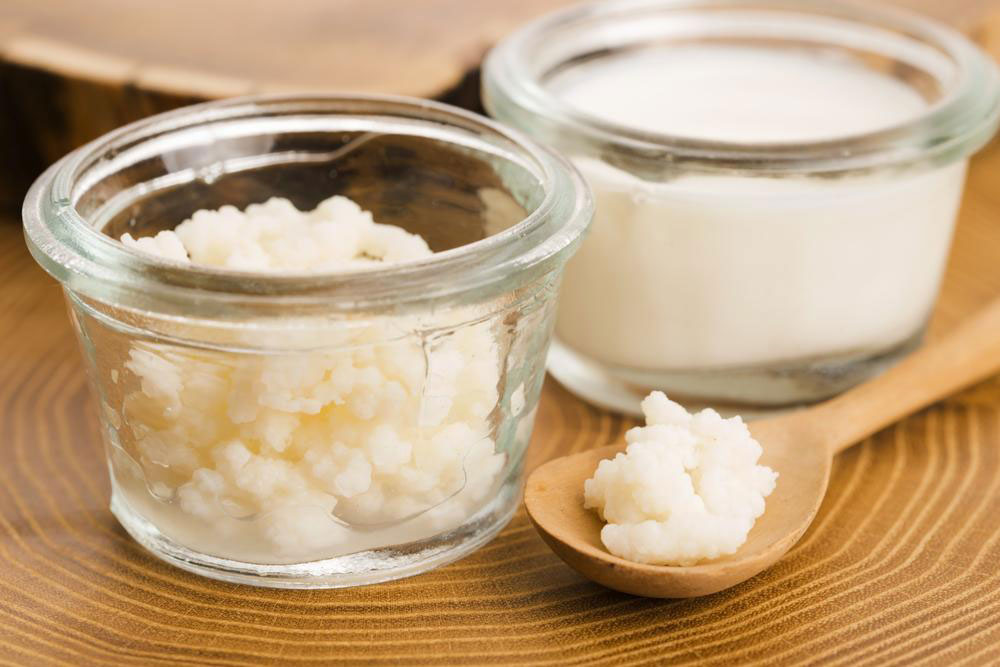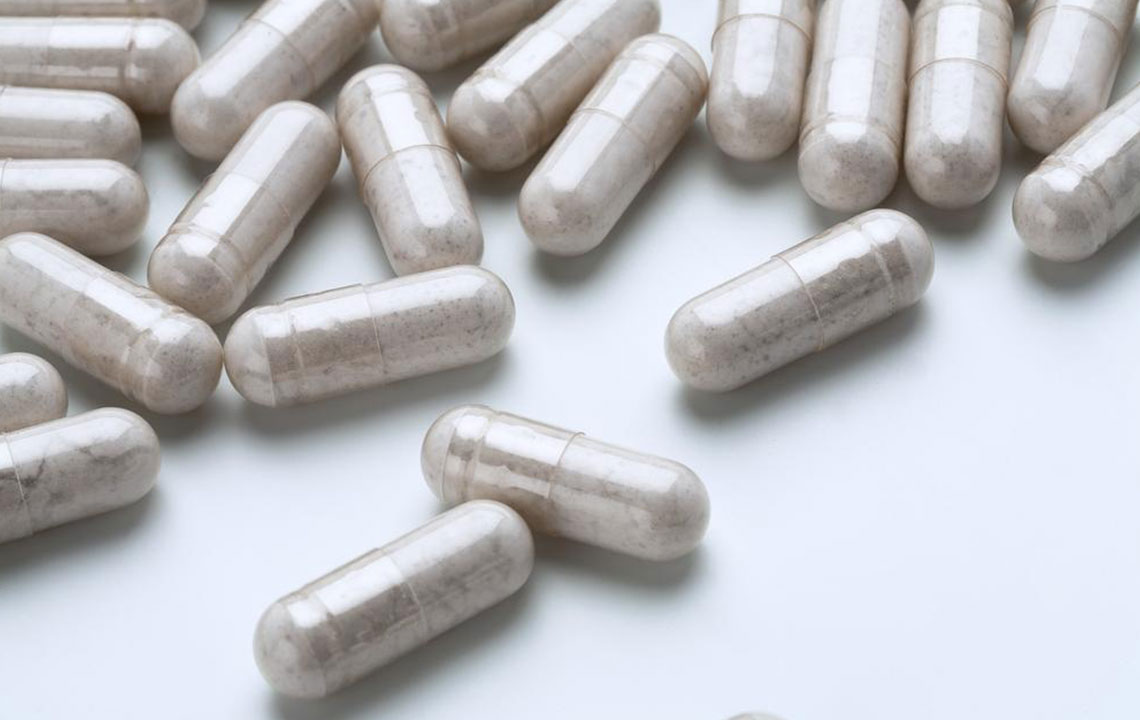The Comprehensive Guide to Probiotics: Enhancing Digestive Health and Alleviating Constipation
This comprehensive article explores how probiotics contribute to digestive health and help relieve constipation. It discusses natural sources, supplementation, lifestyle tips, and when to seek medical advice. Aimed at promoting overall well-being through gut health management, the article emphasizes the importance of probiotics alongside healthy habits for effective digestive support.

The Comprehensive Guide to Probiotics: Enhancing Digestive Health and Alleviating Constipation
Probiotics are live beneficial microorganisms that naturally inhabit our gastrointestinal tract. These tiny but mighty bacteria are essential players in maintaining optimal digestive health, supporting nutrient absorption, and protecting against harmful pathogens. A balanced gut microbiota, composed of diverse probiotic strains, is fundamental for a smooth digestive process. However, various factors such as a poor diet, insufficient hydration, stressful lifestyle, or medication use—particularly antibiotics—can disrupt this delicate bacterial balance, leading to digestive issues like constipation, bloating, and gas.
Restoring and maintaining a healthy gut flora is crucial for overall health and well-being. Probiotics can be introduced into the diet through supplementation or by consuming fermented foods. Popular probiotic-rich foods include yogurt, kefir, sauerkraut, kimchi, miso, and pickles. These foods naturally contain beneficial bacteria that can help re-establish balance within the gut microbiome. Additionally, probiotic capsules and supplements provide concentrated doses of specific strains tailored to individual health needs.
Incorporating probiotics into your daily routine is a proactive step toward improving digestive functions. Beyond probiotics, lifestyle modifications such as drinking adequate water, increasing dietary fiber intake, and engaging in regular physical activity are vital. Fiber-rich foods like prunes, oats, flaxseeds, and vegetables promote healthy bowel movements by adding bulk to stool and facilitating transit time. Drinking plenty of water keeps the digestive system hydrated, making stool softer and easier to pass.
Effective management of constipation involves a holistic approach that combines probiotics with healthy habits. Managing stress through techniques like meditation or yoga can also influence gut health positively, as stress has been shown to disrupt microbial balance. A balanced diet, combined with moderate exercise, contributes significantly to preventing constipation and supporting overall gut health.
However, persistent digestive issues should not be ignored. If symptoms like severe constipation, abdominal pain, or bloating continue despite dietary adjustments and lifestyle changes, consulting a healthcare professional is essential. They may recommend specific probiotic strains, additional tests, or other medical interventions tailored to your condition.
In summary, probiotics play a pivotal role in promoting a healthy digestive system and alleviating constipation. When used correctly along with a healthy diet, adequate hydration, and an active lifestyle, probiotics can significantly improve gut health, enhance nutrient absorption, support immune function, and contribute to overall vitality.





